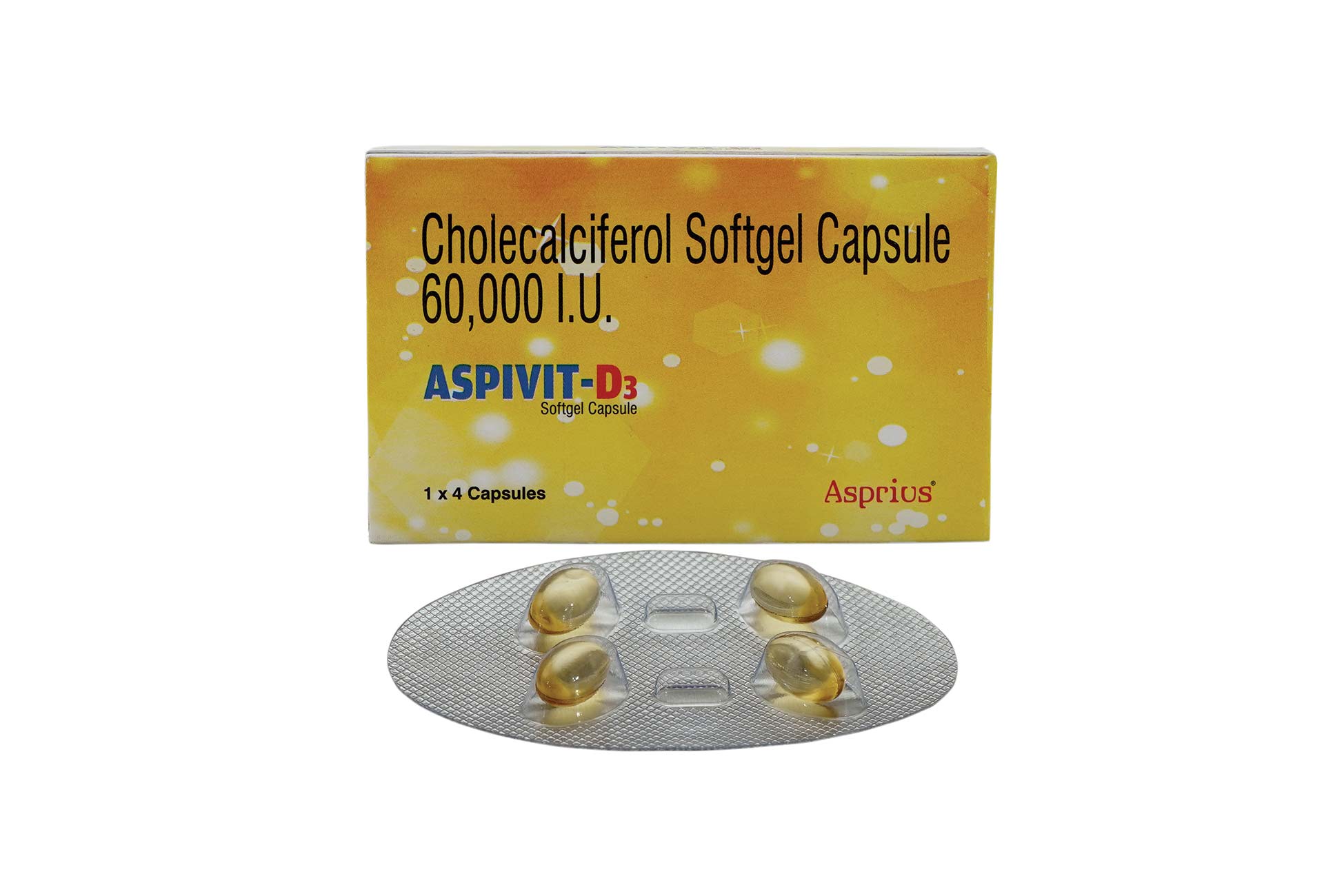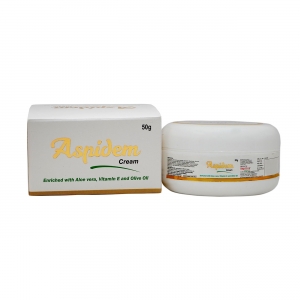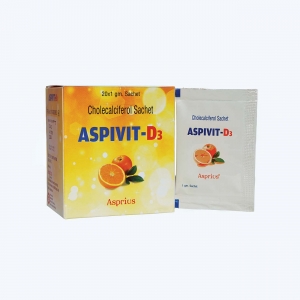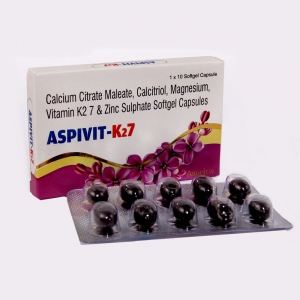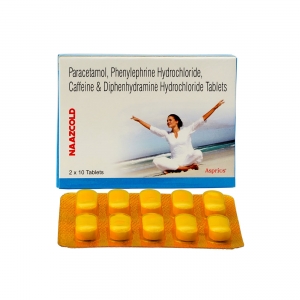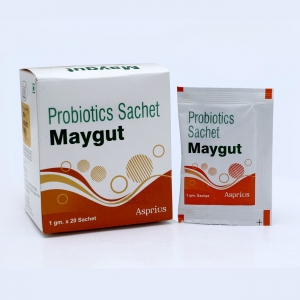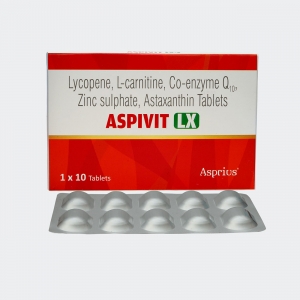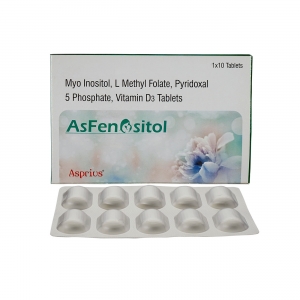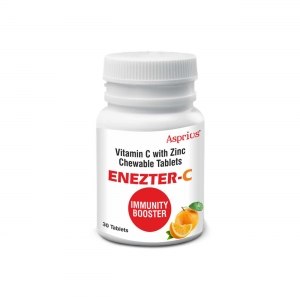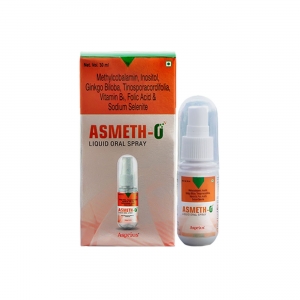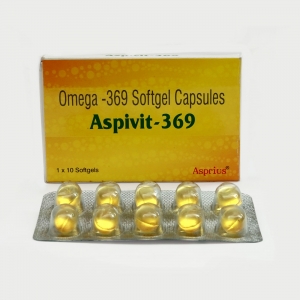Aspivit D3 Capsules

Composition:
Vitamin D3 (Cholecalciferol) 60000 I.U.
Pack:
1 strip monocarton each contains 4 Soft Gelatin Capsules
Category:
Nutritional Supplement
Category: Uncategorized
Clinician Information
| Composition: | Vitamin D3 (cholecalciferol) 800 IU per ml | ||||||||||||
|---|---|---|---|---|---|---|---|---|---|---|---|---|---|
| Description: |
Vitamin D is a fat-soluble vitamin. Vitamin D promotes calcium absorption in the small intestine and maintains adequate serum calcium and phosphate concentrations to enable normal mineralization of bone and to prevent hypocalcemic tetany. It is also needed for bone growth and bone remodeling by osteoblasts and osteoclasts. Vitamin D is important for normal bone development and maintenance. Severe vitamin D deficiency causes rickets in children and osteomalacia in adults. Without sufficient vitamin D, bones can become thin, brittle, or misshapen. Vitamin D sufficiency prevents rickets in children and osteomalacia in adults . Together with calcium, vitamin D also helps prevent osteoporosis in elderly. Vitamin D also plays an important role in modulation of cell growth, neuromuscular and immune function, and reduction of inflammation . Many genes encoding proteins that regulate cell proliferation, differentiation, and apoptosis are modulated in part by vitamin D. It is currently agreed that the measurement of total serum 25-hydroxyvitamin D concentration (1 ng/mL corresponding to 2.5 nmol/L) is the best indicator to evaluate The current cutoffs proposed by the Institute of Medicine (IOM) are as follows:
|
||||||||||||
| Indications: |
Aspivit D3 capsule is recommended for prevention and treatment of vitamin D deficiency in adults Vitamin D deficiency can be result of dietary inadequacy, impaired absorption and use, increased requirement, or increased excretion. Vitamin D deficiency can occur when usual dietary intake is lower than recommended levels over time, exposure to sunlight is limited, the kidneys cannot convert 25(OH)D to its active form, or absorption of vitamin D from the digestive tract is inadequate. Rickets and osteomalacia are the classical vitamin D deficiency diseases. In children, vitamin D deficiency causes rickets, a disease characterized by a failure of bone tissue to properly mineralize, resulting in soft bones and skeletal deformities. In adults, vitamin D deficiency can lead to osteomalacia, resulting in weak bones . Symptoms of bone pain and muscle weakness can indicate inadequate vitamin D levels. Current evidence also suggests beneficial actions of vitamin D supplementation in patients with diabetes, cardiovascular disorders and cognitive impairment. |
||||||||||||
| Dosage: |
To quickly correct Vitamin D deficiency one Aspivit D3 capsule, once a week, for 8 weeks is recommended. For severely deficient, an additional 8 weeks course may be recommended. To prevent future deficiency, one Aspivit D3 capsule fortnightly is recommended. Monitor serum concentration of 25(OH) D3 every three months and adjust dose accordingly |
||||||||||||
| Adverse Drug Reactions: |
The recommended upper intake levels of vitamin D in different age groups are as follows: Tolerable Upper Intake Levels (ULs) for Vitamin D
Studies suggest that regular daily intake of up to 1,000 IU of vitamin D is free from any serious side effects. A serum 25(OH) D concentration consistently >500 nmol/L (>200 ng/mL) is considered to be potentially toxic. Vitamin D toxicity can cause non-specific symptoms such as anorexia, weight loss, polyuria, and cardiac arrhythmias. More seriously, it can also raise blood levels of calcium which leads to nausea, vomiting, constipation and in severe cases vascular and tissue calcification, with subsequent damage to the heart, blood vessels, and kidneys. While symptoms of toxicity are unlikely at daily intakes below 10,000 IU/day. |
||||||||||||
| Drug Interactions: |
Regular intake of Vitamin D supplements have the potential to interact with several types of medications. A few examples are provided below.
|
||||||||||||
| Contra Indications: |
|
Inquiry
Product Inquiry
Patient Information
Patient Information
| Composition: |
Sachet : Cholecalciferol 60000 I.U. |
|---|---|
| Indications: |
|
| Dosage: |
1 Tablet or 1 Sachet once a day |
| Contraindications and Precautions: |
• As these ingredients are natural components of our body there seems to be no contra-indications except in patients who have known hypersensitivity to ingredient. |
| USPs : |
|


